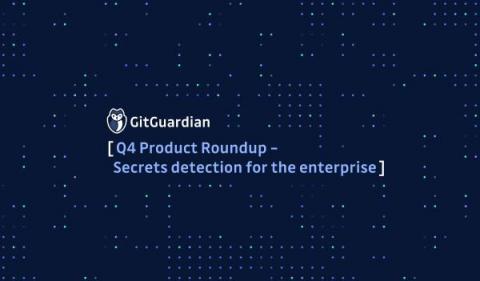Secrets Need to be Secured Everywhere Not Just in Code Repositories
Organizations are unaware of the prevalence of API keys and secrets throughout their systems, and how their users are sharing and using them. Even with security best practices and policies in place, the lack of awareness or compliance, as well as the possibility of human error means that API keys and secrets need protection regardless of where they are stored or shared.











